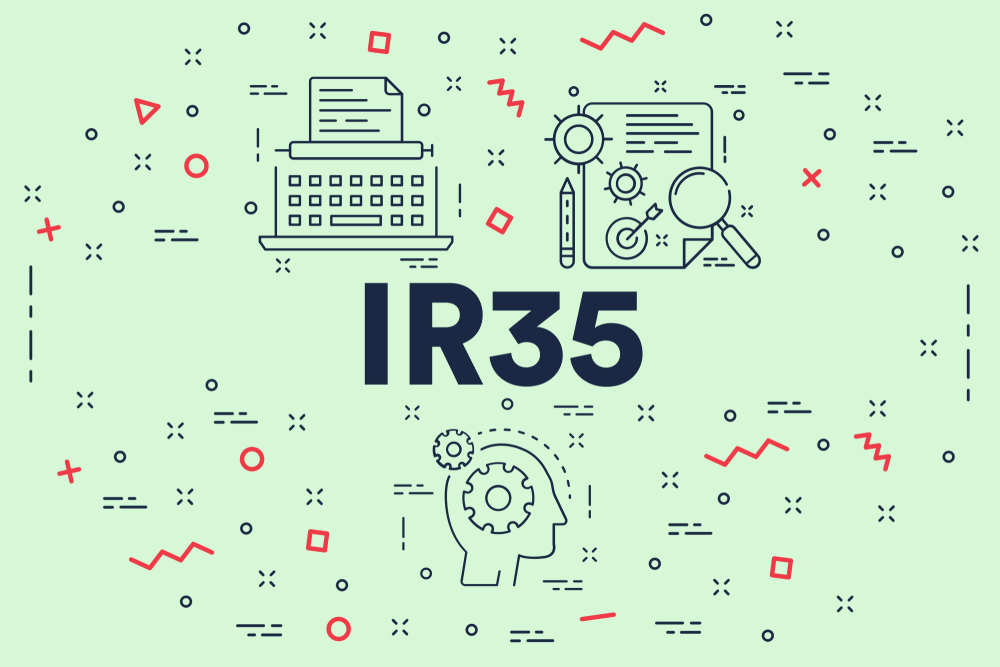IR35 is HMRC tax legislation designed to assess whether a contractor is a genuine contractor rather than a ‘disguised’ employee, for the purposes of paying tax. If caught by IR35, these ‘disguised’ workers have to pay income tax and National Insurance Contributions (NICs) as if they were employed – a significant financial impact.
Why was IR35 introduced?
The government introduced IR35 to tackle organisations which engage workers on a self-employed basis, usually through an intermediary, rather than on an employment contract, so they become disguised employees. This way of working significantly saves the organisation money as they pay no employers’ NICs, and it means they offer no employment rights or benefits either.
How IR35 works – tests of employment
IR35 is underpinned by employment legislation and case law from 1968 and more recently an expert knowledge of employment law is required to fully interpret the process. Essentially, HMRC will disregard the written contract in force between the contractor and their client, and use the actual nature of the working relationship to create a ‘notional contract’.
The tests of employment are:
- Control – what degree of control does the client have over what, how, when and where the worker completes the work?
- Substitution – is personal service by the worker required or can the worker send a substitute?
- Mutuality of obligation – a concept where the employer is obliged to offer work and the worker is obliged to accept it.
Also taken into account are financial risks, provision of equipment and whether the worker is an integral part of the organisation. Considering all the evidence, if the balance of probabilities is that the contractor is deemed to be an employee, then IR35 applies.
How to calculate what is owed if IR35 applies
IR35 legislation makes provision for paying the extra income tax and NICs. Be aware also that HMRC can go back at least six years to evaluate past contracts and apply the legislation at considerable cost.
You need to calculate the ‘deemed payment’ on your limited company income, ie. Deduct your Pay As You Earn (PAYE) salary, a 5% expenses allowance, plus any pension contributions. What is left is treated as a salary to calculate the additional tax due. In practice, if you are certain your contract is caught by IR35, then the simplest solution is to pay out all of your limited company’s fees less legitimate expenses and pension contributions as a PAYE salary. Because you are paying yourself like an employee, IR35 won’t apply.
Contract reviews
Given the complex legislation sitting behind IR35, if in doubt have each contract you are working under reviewed. CRM can arrange a review, please contact us if you have concerns in this area.
Future changes
Significant changes are planned to IR35 legislation from April 2020. These will switch the decision-making burden to the company paying the contractor. It is likely that the contractor will not have the option of having a contract review, as this will have been issued by the company paying him. They are already going to have taken advice as to whether or not IR35 applies.
If you’re finding IR35 way too taxing, contact the experts at CRM for help on 01865 379272.

